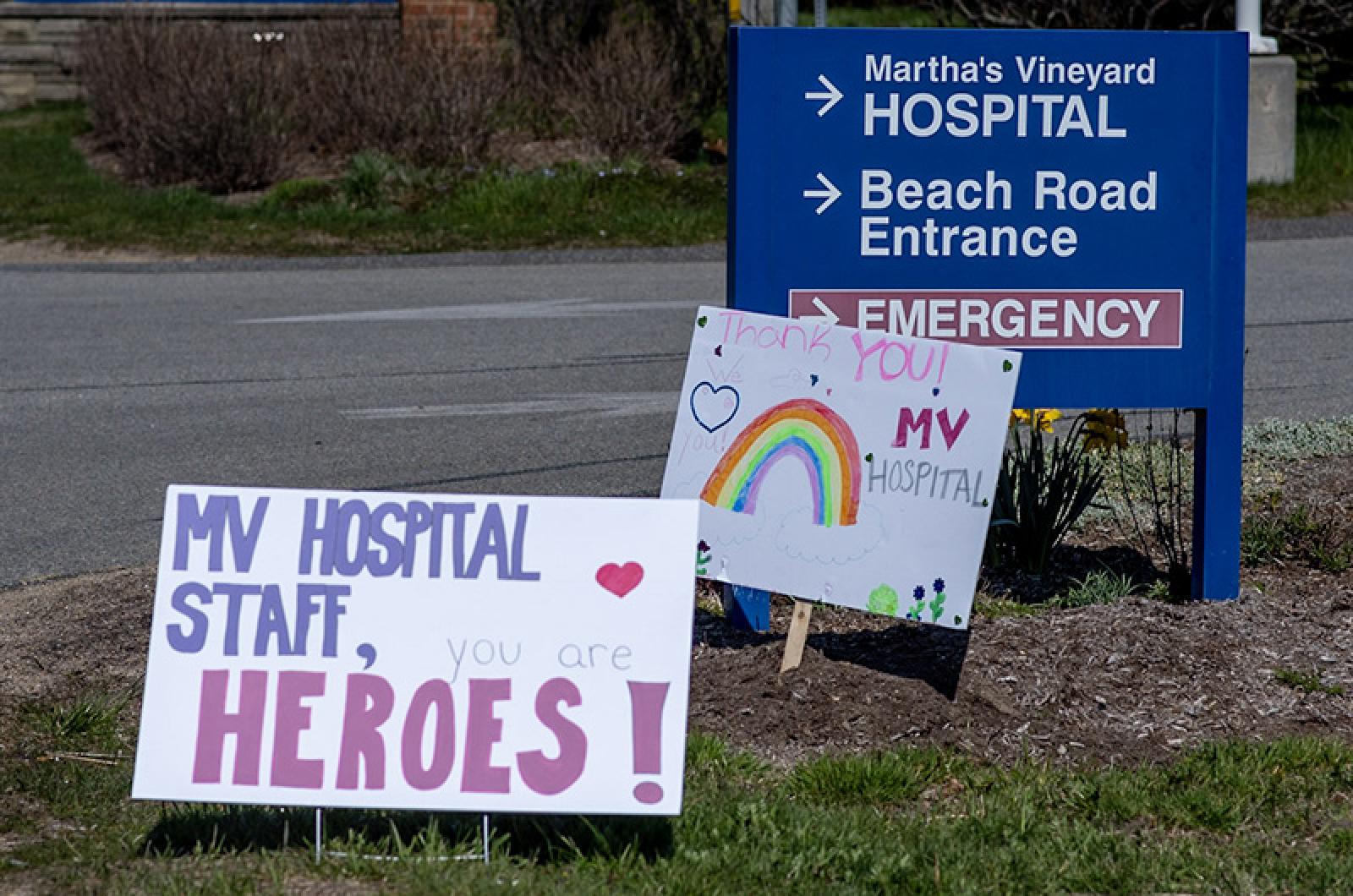In the 1980s I worked at several Boston area hospitals. My single marital status and flexible professional schedule allowed me to travel frequently to the Caribbean (where I filled in as a cruise ship doctor) and to dabble in Boston in a variety of artistic escapades — writing, acting, publishing a free-form art paper, traveling to New York for theatre — without interfering with my serious medical activities. I led teaching rounds for students and residents, and my Harvard clinical instructor status allowed me to dine at the faculty club, a treat for the appetite and the ego.
Though a dilettante at acting, my stage gigs familiarized me with red nail polish. I applied it now and then at hospital parties for a stand-up bit called The French Nurse. This was a role in drag that required red nails, lips and cheeks, plus heavy black mascara for the eyelids and brows.
I became Lydia Child, Julia Child’s fictional and jealous younger sister, who said she worked in the research lab at the Institute of Louis Pasteur in Paris. Lydia mimicked Julia’s awkward body habits, her high-pitched voice, and her mannered accent. Lydia was bitter that Julia had become a famous TV star, while she, Lydia, slaved away to perfect a revolutionary, if disgusting, new technique for detecting blood in the stool. It was called nouvelle guaic.
Gesticulating to the audience with specimen cups containing chocolate pudding, she would put her finger in the container, lick her lips and then say authoritatively: “Remember, you’re all alone in the laboratory, and nobody can see you!”
My proclivity to make a fool of myself for a laugh is still strong. But at the time the tendency became vividly manifest. I built a theatre in my basement (Off-off Roslindale Square), where my artistic friends and I showcased new farces and took a few shows on the road. My hero was John Cleese, and his Monty Python’s Flying Circus inspired us to go over the top.
So with The French Nurse I went over the top at hospital parties, one of the few arenas where I allowed my medical and farce-loving tendencies to mingle. Usually I kept them separate. Why?
I had discovered that most people I worked with closely in medicine exhibited various degrees of clinical depression. An inordinate number were habitually melancholy and did not know why. And the more time spent in medicine, the more pronounced became the depression and the less aware of it they were. To me, this phenomenon seemed the inevitable effect on the psyche of watching patients get sick and sometimes die. I spotted it in medical students, even before they obtained their degrees.
This depression spelled conformity and suspicion of novelty. When I performed in drag as The French Nurse, the audience split their sides with hilarity. For a brief, angst-free moment, they let their defenses go. It thrilled me to hear the laughter my ungainly Parisian nurse provoked from my colleagues.
Everyone has always known, but Seamus Heaney said it most succinctly: “There are tears at the heart of things.” Hospital workers have long let this reality darken their lives, perhaps now even more so in the time of Covid-19.
Therefore, as an awkward consolation, let me be Lydia Child, the French Nurse, for a moment. Watch me smile, bat my mascara-laden eyelids, raise my specimen cup and say, “Merci!, brave colleagues! Here, have some chocolate mousse. It’s my sister’s secret recipe! And remember, you’re all alone in the laboratory, and nobody can see you!”
Dr. Gerald Yukevich lives in Vineyard Haven. His new novel, Blood Pudding, is due out this summer.




Comments (8)
Comments
Comment policy »